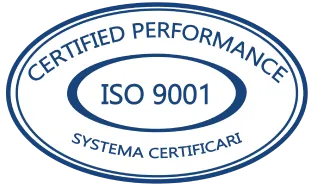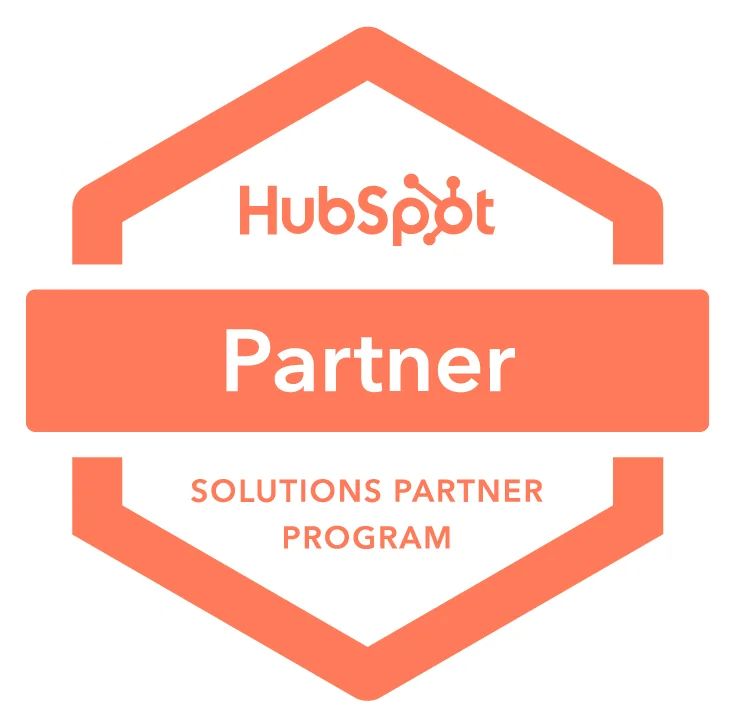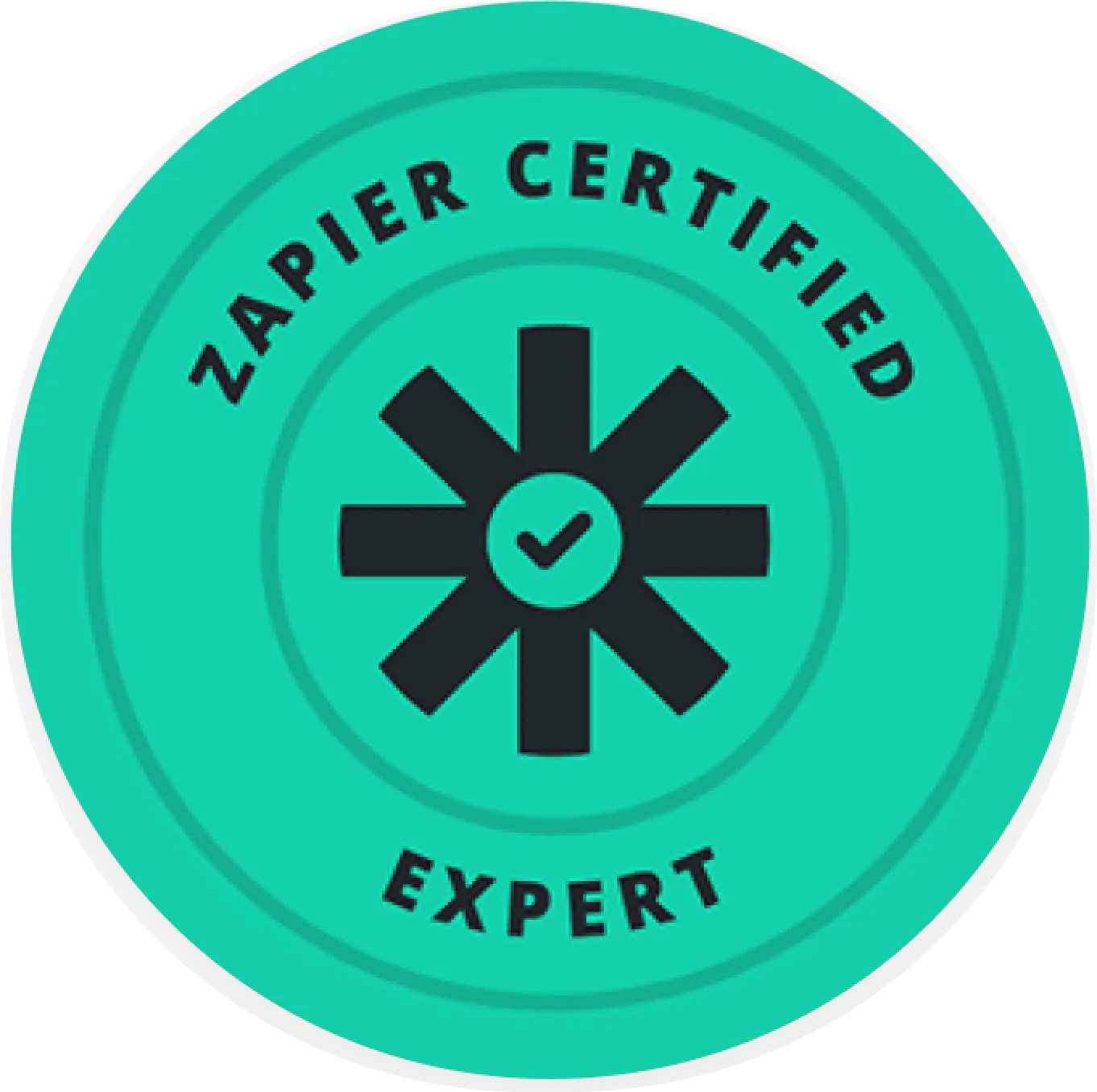
Make is a powerful automation platform that allows visually design, build, and automate anything - from tasks and workflows to apps and systems - in a few clicks. Integrate all your tools and manage your processes in one single platform. Choose from thousands of ready-made app integrations or connect to any online app with our powerful no-code tools.

Useful integrations
Make is the engine behind seamless automation.
We use Make to build smart, visual workflows that automate everything from sales and marketing to operations and customer support. You don’t need to switch platforms — just connect them.
Our Make Automation Services Include:
- Building multi-step workflows across apps
- Syncing data between CRM, email, project tools, and more
- Connecting tools like Slack, Google Sheets, Notion, HubSpot, Salesforce, Calendly, Outlook, Shopify, and custom APIs
- Designing custom logic with filters, routers, and conditions
- Automating reports, alerts, and data syncing
- Triggering actions from webhooks, forms, or events
- Real-time updates across systems — no manual effort
- Ongoing support and optimization of your automation setup

Industry Expertise
With years of experience, our team possesses the knowledge and skills necessary to deliver high-quality, efficient solutions.

Custom Solutions
We understand that each business is unique. That's why we offer customized integration services tailored to meet your specific requirements.

Proven Results
Our portfolio of successful integrations speaks for itself. Check out our case studies and client testimonials to see the impact of our work.

Reliable Help
We're with you every step of the way. From initial consultation to post-integration support, our team is dedicated to ensuring your success.

FAQ
- What are the main benefits of using Make for business automation?
Make stands out because of its flexibility, visual interface, and scalability. Unlike rigid automation tools that follow linear logic, Make allows you to build complex, conditional workflows that adapt to how your business actually operates. Whether you're syncing CRM data, automating lead qualification, or connecting cloud storage to task boards, Make eliminates repetitive work, reduces human error, and keeps systems perfectly aligned. The biggest benefit? It empowers non-technical teams to automate like developers — all without writing code.
- Can Make replace internal tools or custom-built integrations?
In many cases, yes. Make can act as the connective tissue between your apps and systems — without needing a developer to build and maintain integrations. For example, instead of hiring someone to build an API bridge between your CRM and invoicing platform, you can create that connection in Make using drag-and-drop blocks and predefined modules. It’s not just a time-saver; it reduces development costs, removes reliance on IT teams, and allows for faster testing, iteration, and deployment of automated processes.
- Is Make secure enough for sensitive business data?
Yes — Make uses encrypted OAuth connections and adheres to GDPR, CCPA, and other global data protection standards. All communication between services is encrypted, and Make allows you to limit data exposure to just what is needed for each automation. In addition, Make gives you full visibility over every step in a scenario, including logging, error handling, and user access control — helping you build trust with both clients and internal stakeholders.















.webp)


.webp)


.webp)










.webp)







.webp)




%2520(1).webp)




















